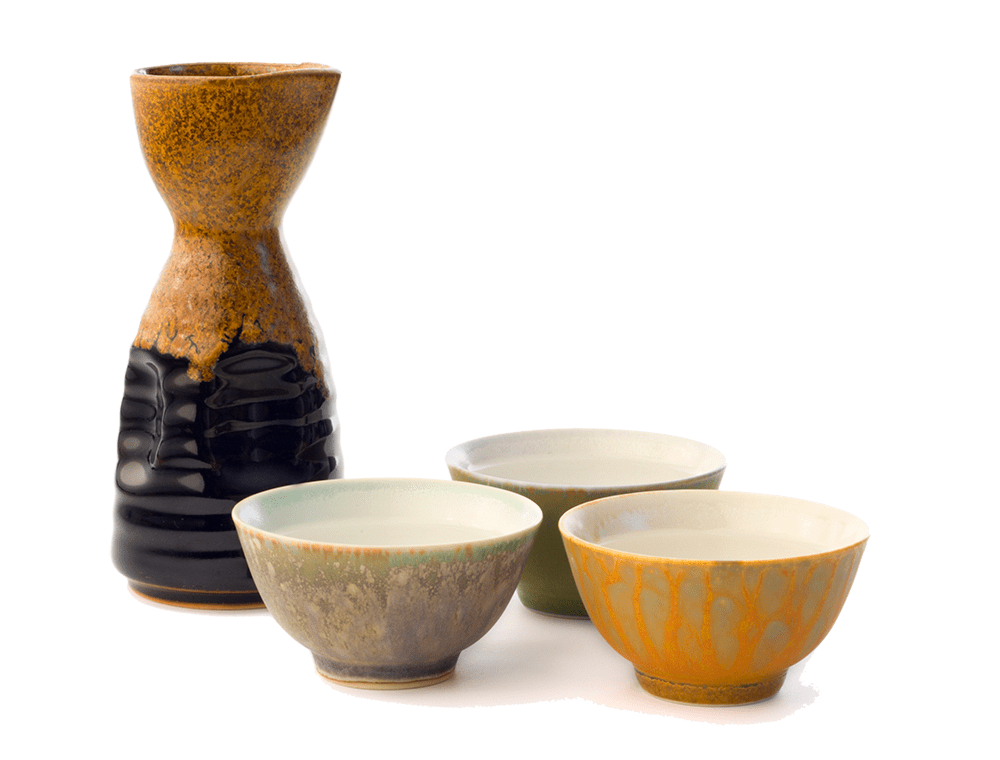
We were discussing civilisation, as one does, and its relationship with cuisine. Pasta in Italy, paella in Spain, the roast beef of Old England; wurst in Germany, burgers in the States –though with those latter examples we are moving away from the concept.
What about Japan, a complex society which is full of paradoxes? For three-quarters of a century, the Meiji Restoration was the most successful revolution since the Glorious Revolution itself. It was part of a process which opened Japan to western influences and vice versa. Rather as in the UK, ancient forms were preserved, which helped to ensure social stability during a period of rapid change.
Japan often bewilders westerners. By our standards, the move from status to contract is incomplete and the language can often cause confusion. Hank from Houston arrives in Tokyo and outlines a deal. ‘Yes,’ his hosts reply, so he presses on. More yeses. The Yank is exultant. ‘I thought this was supposed to be a tricky place to do business: wait until I tell head office how well I’ve done.’ Tricky: he does not know the tenth of it. No one has told him that the Japanese have as many ways of saying ‘yes’ as there are letters in the alphabet. They do include yes itself, but also: ‘You must be plumb crazy.’ Poor Hank.
In his days as a minister, my friend Richard Needham did a lot to promote Anglo-Japanese relations. I remember a dinner he gave in Hillsborough Castle, where visiting Japanese businessmen were delighted to feast on eel from Lough Neagh and end by singing ‘Danny Boy’. Richard always hoped to watch me negotiating Nipponese rituals such as the tea ceremony, with waitresses floating around looking as if they were made of papier-mâché, while Anderson was unable to cope with the tiny seats and would end by blundering through the paper walls.
The best way to approach sake is to put yourself in the hands of a serious Japanese restaurant
We associate Japanese art with grace and gentleness: its versions of impressionism, as copied by several impressionists. We think of the sweet sadness of Butterfly: her tragic encounter with Hanks and Yanks. But we must not forget Turandot. The charming habits of the drawing room: there were also the habits of the parade ground. Until the second world war, as Japan’s Chinese enemies had learned and the European ones would follow, the country was in the grip of a barbarous military ethos.
We moved to discussing Japanese food. One of our number said that while his father was alive he had always felt obliged to conceal his love of the delights of the Japanese table. His Pop had seen what Japanese soldiers did to Allied prisoners of war and to Burmese peasants. If my friend had confessed that he relished Japanese cookery, Dad might have phoned the lawyer to organise disinheritance.
Some of Japan’s neighbours might still understand how the father felt. ‘What would Europe be like,’ one very senior regional statesman would sometimes say, ‘if the Germans had never apologised? We suspect that the only sincere apology which the Japanese make is their regret for losing the war.’

It was time for weightier matters. I think that I could live on Japanese cooking, though ‘cooking’ might be a misnomer. The best Japanese dishes are raw. They linger on the palate: a long harmony of subtleties and delights.
Then there is sake. The flavours range from graininess to sweetness. I would like to provide readers with a guide to sake, but it is a study that would require years. The best way to approach the subject is to put yourself in the hands of a serious Japanese restaurant, and there is none more serious than Ginza St James’s. I think that it serves the best Japanese food in London. Alas, it is not cheap, but for a special occasion, you will be guaranteed a magnificent repast.








Comments